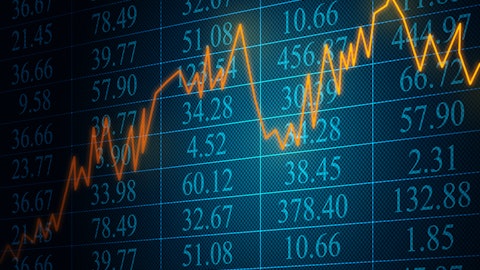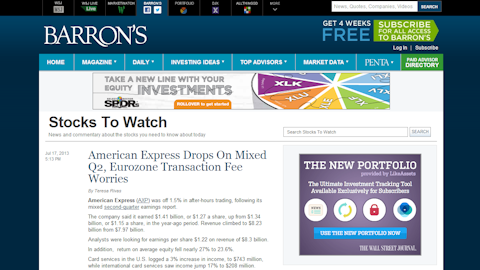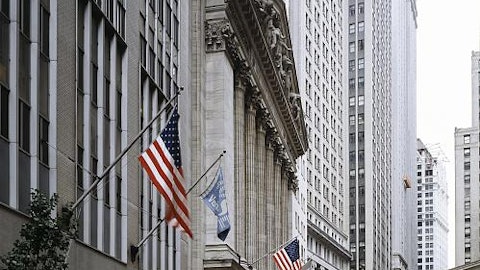In a rather recent study on insider trading, several researchers from top-tier U.S. universities split insider trading into two groups: routine insider trading activity that is not informative for the future of firms; and information-rich insider trading activity that contains strong predictive power. The so-called routine insider selling can be driven diversification or liquidity reasons. For instance, insider trading watchers may have noticed that Bill Gates trades in a pre-announced, routine fashion and his sales do not necessarily suggest bad times ahead for Microsoft Corporation (NASDAQ:MSFT).
While most insider selling could be viewed as routine, only a small portion of the overall insider buying activity can be considered routine. For instance, freshly-appointed Board members and executives buying shares to meet stock ownership guidelines put in place by their companies represents routine insider buying. Going back to the study mentioned above, the researchers found that abnormal returns associated with routine trades were essentially zero, whereas information-rich insider transactions, also called “opportunistic”, yielded value-weighted average returns of 82 basis points per month. That said, let’s have a look at a set of noteworthy insider transactions reported with the SEC on Monday.
We follow over 700 hedge funds and other institutional investors and by analyzing their quarterly 13F filings, we identify stocks that they are collectively bullish on and develop investment strategies based on this data. One strategy that outperformed the market over the last year involves selecting the 100 best-performing funds and identifying the 30 mid-cap stocks that they are collectively the most bullish on. Over the past year, this strategy generated returns of 18%, topping the 8% gain registered by S&P 500 ETFs.

Nonwarit/Shutterstock.com
Executives at Insulin Pump Maker Buy Shares After Emergence of Harmful Allegations Against the Company
Let’s begin our discussion by looking into the insider buying activity at Insulet Corporation (NASDAQ:PODD), where two high-ranked executives purchased shares this past week. To start with, Chairman and Chief Executive Officer Patrick J. Sullivan bought 40,000 shares on Friday at prices varying prices in the range of $33.08 to $34.00 per share. After the recent purchase, Mr. Sullivan currently owns an aggregate of 261,544 shares. Bradley A. Thomas, Executive Vice President of Human Resources and Organizational Development, purchased 3,100 shares a day earlier at a weighted average price of $32.45 per share, a purchase that lifted his overall holding to 54,983 shares.
Insulet Corporation (NASDAQ:PODD), which develops, manufactures and sells an easy-to-use continuous insulin delivery system for people with insulin-dependent diabetes, has seen the value of its shares fall by 7% since the start of the year. The stock was recently hit by allegations that the insulin pump maker had previously covered up patient deaths related to its Omnipod insulin pump. Research house SkyTides, which revealed the allegations several days ago, also believes that a new wave of insulin pump technology will disrupt the industry and likely hurt Insulet’s top-line growth. Therefore, it appears that Insulet’s CEO wanted to rebuff the allegations by buying more shares on the open market. David Greenspan’s Slate Path Capital was the owner of 2.72 million shares of Insulet Corporation (NASDAQ:PODD) at the end of the third quarter.
Follow Insulet Corp (NASDAQ:PODD)
Follow Insulet Corp (NASDAQ:PODD)
Receive real-time insider trading and news alerts
The next two pages of this article will discuss fresh insider buying and selling observed at four other companies.





